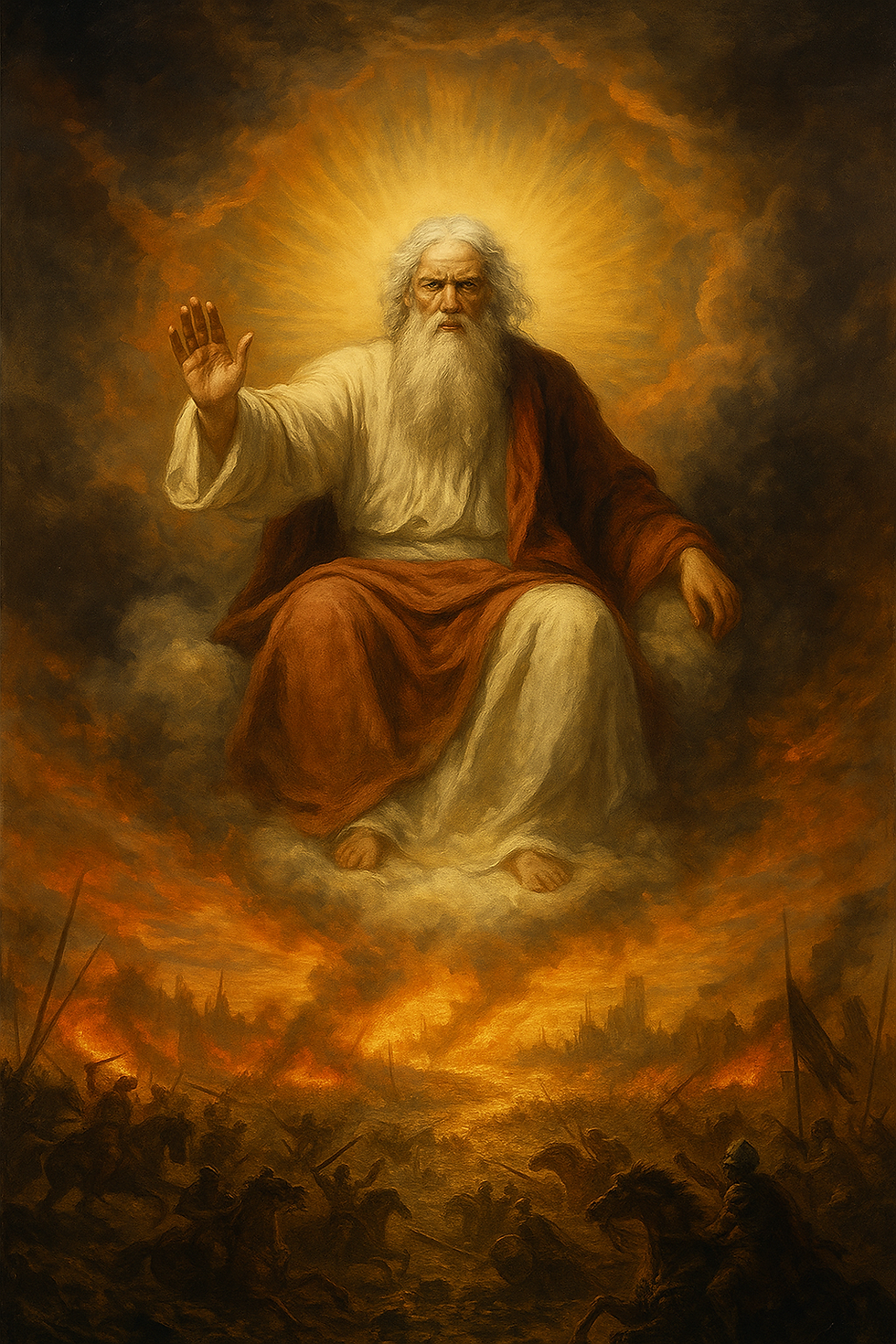The Holy Spirit's Work in Confession
- Mitchell Bollig
- Feb 20, 2025
- 3 min read

I recently shared a short teaching on the Holy Spirit’s work within confession with a church’s staff. When we think of the Holy Spirit, confession isn't usually the first thing that comes to mind. Yet Jesus said that it was by the Holy Spirit that the world would be convicted of its sin (John 16:8). After the Holy Spirit was poured out, Peter’s first sermon cut the people to the heart, convicting them of their guilt in crucifying God’s own Son and leading them to ask earnestly what they should do (Acts 2:37).
We see that the Holy Spirit plays an active and integral role in leading individuals to repentance and confession. What happens when we confess our sins? Scripture gives us a wonderful promise in 1 John 1:9:
“If we confess our sins, He is faithful and just and will forgive us our sins and purify us from all unrighteousness.”
If we want to walk in step with God in the Spirit, then we should practice confession. I believe that confession is more than just presenting our sins to God; it is living openly and honestly. It’s seeing through our own ego and pride and humbly confessing, “Lord, You are God and I am not.”
When I shared with the church staff, I taught on confession in a way that I had never done before. I took inspiration from the story of Moses’ disobedience in Numbers 20. Moses is arguably the most influential and significant figure in all of Judaism. Of all the prophets, none were like him (Deuteronomy 34:10). When you study later prophets like Isaiah, Jeremiah, and Ezekiel, they truly were not at all like Moses. They were not what I call power prophets, meaning they couldn’t call down fire from heaven like Elijah nor part the Red Sea like Moses.
Moses, despite his importance, was still only human and sinned. While the author himself doesn't outright say that he sinned, the context is clear that Moses disobeyed God in Numbers 20. Scholars debate what the sin was—was it because he was angry and called the people “rebels”? Was it because he struck the rock instead of speaking to it? Was it because he claimed “we” needed to do this, taking credit from the LORD? Regardless, he disobeyed God’s instructions, and the LORD punished him and Aaron by forbidding them from entering the Promised Land.
In my opinion, Moses had two dreams: to see the glory of God and to lead God’s people into the Promised Land. Neither of these dreams were fulfilled in his lifetime. Although he got a glimpse, God prevented Moses from seeing His face, and now Moses was not allowed to enter the land of promise. Did Moses have to make an offering for his sin as prescribed by the laws he gave in Leviticus? This we don’t know, but what we do know is that the LORD’s punishment was that neither he nor Aaron could enter the Promised Land (Numbers 20:12).
Moses sinned, but the great power behind confession is that God is a forgiver. God is merciful. Many years later, on Mount Tabor in Israel, Jesus was transfigured, and standing next to Him appeared Elijah and Moses. Many people miss this, but at that moment Moses stood on a mountain in Israel, fulfilling his dream of entering the Promised Land, and he stood face to face with Jesus, beholding the glory of God. This may seem like a strange story to use to teach on confession, but I believe it shows us that God is truly forgiving and merciful. Not only did He forgive Moses, but He also granted his deepest longing.
To close, I will end with a quote by Frederick Buechner describing what takes place when we confess our sins:
“To confess your sins to God is not to tell Him anything He doesn’t already know. Until you confess them, however, they are the abyss between you. When you confess them, they become the bridge.”




Comments